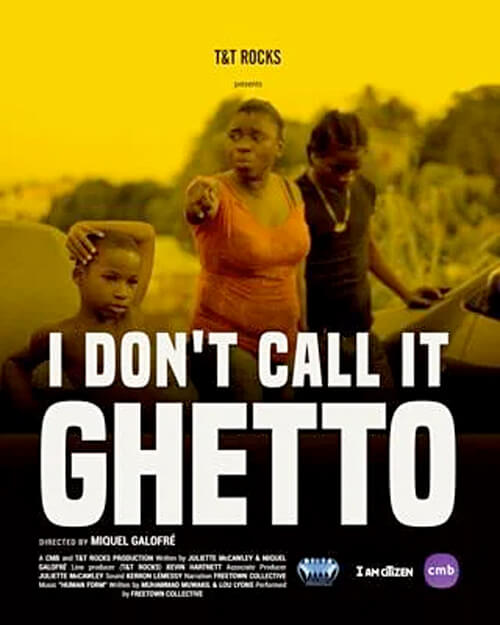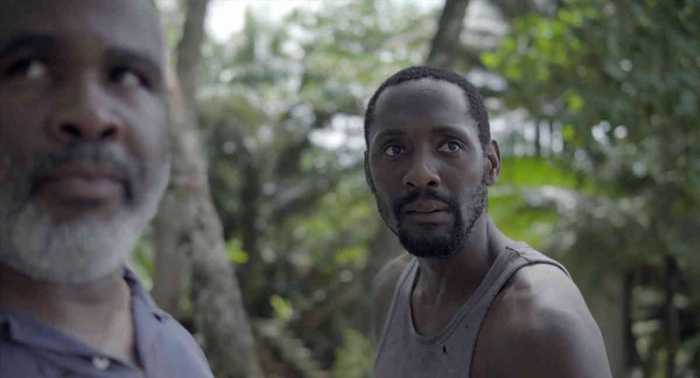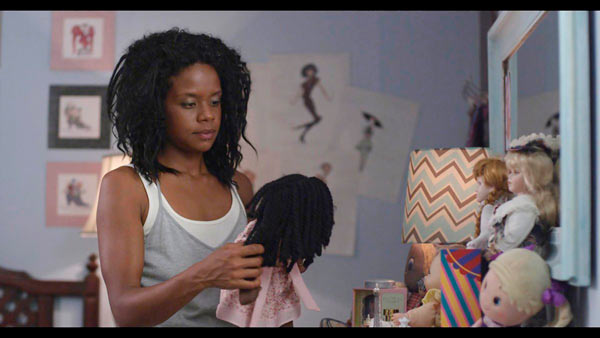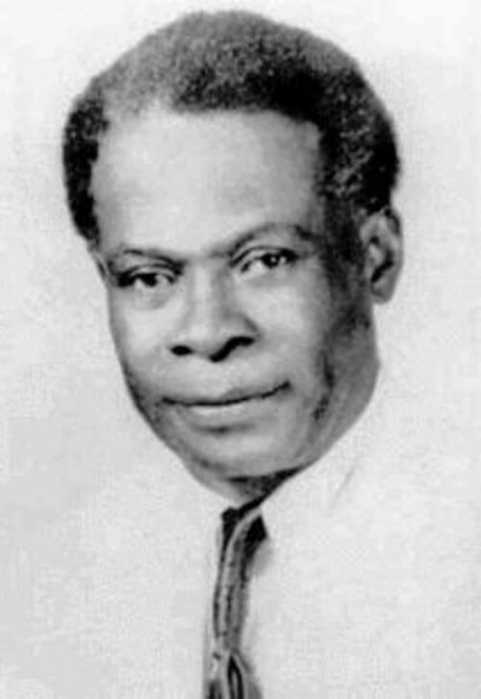Long before critical race theory inserted itself into a national conversation politicians weaponized to decide education curricular and win/lose favor with American voters, Diarah N’Daw Spech and her husband Reinaldo Barroso-Spech informed — perhaps a clueless segment of the society—by launching a platform that magnified and amplified dialogue relevant to a diverse, global community ignored by commercial medium.
Together, the couple introduced the African Diaspora International Film Festival (ADIFF). Their intent was to annually dispense a rich repository of international films made by diasporans throughout the world.
Initially, modestly presented the substantive series offered independent films — documentaries and features — from Third World directors.
Dedicated to maintaining the initial mission, 29 years later, ADIFF now competes with Sundance and the Toronto Film Festival by offering first run and limited showcases of some of the most revealing productions.
Throughout 17 days of celluloid enlightenment, 38 world, US and New York premieres are slated to compile the treasure trove of 78 films that should be mandatory consumption to politicians, teachers, school-age youngsters and their handlers.
Until Dec. 12, the films will be available virtually and in theaters to attract a wide cross-section of eager audiences of African-American, Caribbean, African, Latino and European ethnic backgrounds.
ADIFF organizers claim their aim is to encourage individuals “who share a common interest for thought provoking, well crafted, intelligent and entertaining stories about the human experience of people of color.”
For the 2021 showcases, the forward-thinking couple chose 12 films from the Caribbean they believe represent “a variety of modes and genres” and also explore the “already complex issues specific to those living in these communities.”
ADIFF stages festivals here in New York, Chicago, Washington DC, and Paris, France.
Anyone who missed seeing Jimmy Cliff’s cinematic debut in Perry Henzell’s classic urban tale from Jamaica, will be able to experience the nostalgic reprise.
The cult attraction has played and replayed at numerous film festivals however, ADIFF has included the popular Caribbean trailblazer so that music lovers can again revel with Ivan as he traverses from shanty-town country bumpkin to city slicker and rude boy.
Considered the most popular Caribbean film in the USA, “The Harder They Come” is billed with others from the region to provide “an eclectic selection of recent and less recent films that are engaging and entertaining.
Others from Barbados, Curacao, Cuba, Trinidad & Tobago, Haiti, Jamaica, Martinique and. Panama are prominently featured.
Sugar Cane Alley by Euzhan Palcy, Ava and Gabriel by Felix de Rooy, Maluala by Sergio Giral, Haitian Corner by Raoul Peck and other titles have enhanced the cultural landscape of cities in different continents.
3 Leaves by Eléonore Coyette (Haiti) follows Esther, a 6 year-old who lives her carefree life as a little girl until her father abuses her. The film tells three women’s stories that explore the roots of identity, resistance and sisterhood.
Almacita, Soul of Desolato by Felix De Rooy won the Paul Robeson Prize for Best Diaspora Film in 1991. Based on old legends, the film depicts a fictional agricultural community in an isolated part of Curaçao at the turn of the century. The central theme of the film is the struggle between creative and destructive forces.
Three Blades/Trois Machettes by Matthieu Maunier-Rossi (Haiti) traces a day in the life of a family of three in contemporary Haiti. Child, adolescent, man – each with his dreams and frustrations and each finding a way to live.
Dorlis by Enricka MH (Martinique) tells the story of Nora, a 15-year-old Martiniquan teenager who has to follow her mother and 6-year-old little sister, Mélissa, to the north of the island, to stay at Henri’s, her grandfather, paralyzed since a recent stroke.
Right Near the Beach by Gibrey Allen (Jamaica/USA), follows the proceedings after a prominent Jamaican sprinter Jeffrey Jacobs is brutally murdered, rumors about the secret life he may have lived create public uproar, causing obstacles to the murder investigation and for Jeffrey’s father, who simply wants justice for his son. Filmed on location with a cast of local Jamaicans, this film is an authentic case study of a country that continues to face the consequences of its turbulent past while trying to confront the new realities of sexuality and equality.
Catch A Fire by Menelik Shabazz (Jamaica) tells the story of Deacon Paul Bogle, often described as a 19th century Malcom X.
I Don’t Call it Ghetto by Miquel Galofre (Trinidad and Tobago) follows mother of three, Onika James, who has had a life filled with obstacles and heartache. Through this documentary, we see the challenges she faces raising a teen son in an area known for crime and working hard to build trust in her role as a police officer.
Pimento and Hot Pepper – The Mento Story by Rick Elgood (Jamaica). Originally based on folk and work songs mento developed into a varied and diverse style that peaked in the 50s and the “collapsed craze.” The music is still played in hotels and at parties today.
The Story of Lovers Rock by Menelik Shabazz (UK/Barbados). A musical documentary about Lovers Rock, often dubbed ‘romantic reggae’, a uniquely Black British sound that developed in the late 70s and 80s against a backdrop of riots, racial tension and sound systems.
Zépon by Gilles Elie-Dit-Cosaque (Maritinque) is a poetic comedy located on the island of Martinique today in a world of fighting cocks and family revenge. It could be summarized in one line: Following a bet, one man plays his only daughter in a cock fight.
Barrow Freedom Fighter by Marcia Weekes (Barbados). Narrated by former United States Attorney General Eric Holder whose father is from Barbados, the Errol Barrow docudrama, tells the story of Errol Walton Barrow who successfully led Barbados to independence on Nov. 30, 1966 after more than 300 years as a British colony.
The Mali Cuba Connection by Edouard Salier, Richard Minier (Cuba/Mali/France) — In the midst of the Cold War, ten young promising musicians from Mali are sent to Cuba to study music and strengthen cultural links between the two socialist countries.
Independent films also represent Australia, Belgium, Brazil, Burkina Faso, Cameroon, Canada, Chad, Chile, Colombia, Cameroon, DRC, France, Ghana, Ivory Coast, Kenya, Mali, Morocco, Mexico, Namibia, New Zealand, Niger, Rwanda, Samoa, Senegal, South Africa, The Netherlands, Tunisia, UK, USA, and Zimbabwe.
Question and answer sessions with directors are also billed following a number of screenings.
For more detailed information, log onto www.adiff.org
Catch You On The Inside!

























